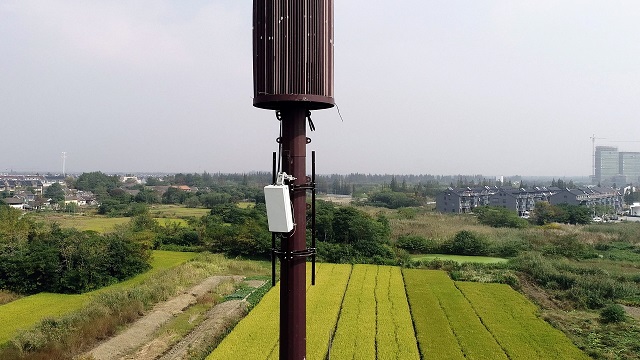American President Donald Trump is expected to sign an executive order this week barring U.S. companies from using telecom equipment made by firms posing a national security risk, paving the way for a ban on doing business with China’s Huawei, Reuters reported.
 Huawei chairman yesterday said the company is willing to sign a “no-spy” agreement with countries or companies in order to protect its business.
Huawei chairman yesterday said the company is willing to sign a “no-spy” agreement with countries or companies in order to protect its business.
The executive order will not name specific countries or companies. American authorities have repeatedly delayed the executive order. This will be a big blow for Huawei to supply mobile network equipment to telecom operators in the United States.
The executive order would invoke the International Emergency Economic Powers Act, which gives the president the authority to regulate commerce in response to a national emergency that threatens the United States. The report said the executive order will direct the Commerce Department, working with other government agencies, to draw up a plan for enforcement.
Washington believes equipment made by Huawei Technologies, the world’s third largest smartphone maker and the # telecom equipment maker, could be used by the Chinese state to spy.
The United States has been actively pushing other countries not to use Huawei’s equipment in 5G networks that it calls “untrustworthy.” In August, Trump signed a bill that barred the U.S. government itself from using equipment from Huawei and another Chinese provider, ZTE.
The Federal Communications Commission in April 2018 voted to advance a proposal to bar the use of funds from a $9 billion government fund to purchase equipment or services from companies that pose a security threat to U.S. communications networks.
Federal Communications Commission chairman Ajit Pai said last week he is waiting for the Commerce Department to express views on how to “define the list of companies” that would be prohibited under the FCC proposal.
FCC voted unanimously to deny China Mobile’s bid to provide U.S. telecom services last week and said it was reviewing similar prior approvals held by China Unicom and China Telecom.
While the big wireless companies have already cut ties with Huawei, small rural carriers continue to rely on both Huawei and ZTE switches and other equipment because they tend to be cheaper.
Rural Wireless Association, which represents carriers with fewer than 100,000 subscribers, estimated that 25 percent of its members had Huawei or ZTE equipment in their networks, it said in an FCC filing in December.





